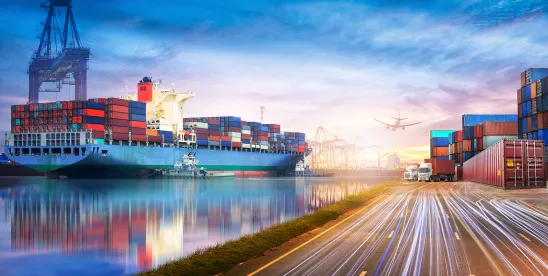Force Majeure, Generally
Force majeure is a defense to performance that is created by contract. As a result, each scenario must be analyzed on a case-by-case basis depending on the language of the applicable force majeure provision. Nevertheless, the basic structure generally remains the same:
(a) a listed event occurs;
(b) the event was not within the reasonable control of the party invoking force majeure; and
(c) the event prevented performance.
Understanding Force Majeure in Tariff Contexts
Cost increases, like tariffs, are often considered by courts to be foreseeable business risks that do not support invoking a force majeure defense. Therefore, it would be unlikely that an impacted party would be able to rely on provision to excuse its performance, absent a very specifically-drafted force majeure provision (for example, if the provision expressly identifies new or increased tariffs as a force majeure event, and the force majeure provision permits the use of the defense due to an increased cost of performing rather than performance being actually prevented). That said, while a court may not uphold the use of a force majeure provision as a defense to performance, the provisions are still often used as a way to bring the other party to the table to negotiate the sharing of the burden.
Also, it is important to note that there is a popular misconception that a force majeure provision will permit the supplier to increase prices if increased tariffs are listed as a force majeure event. However, most force majeure provisions are drafted so that the impacted party is only excused from performance if performance is prevented by a listed force majeure event, not that they are permitted to raise product pricing as a result of those listed events.





 />i
/>i
